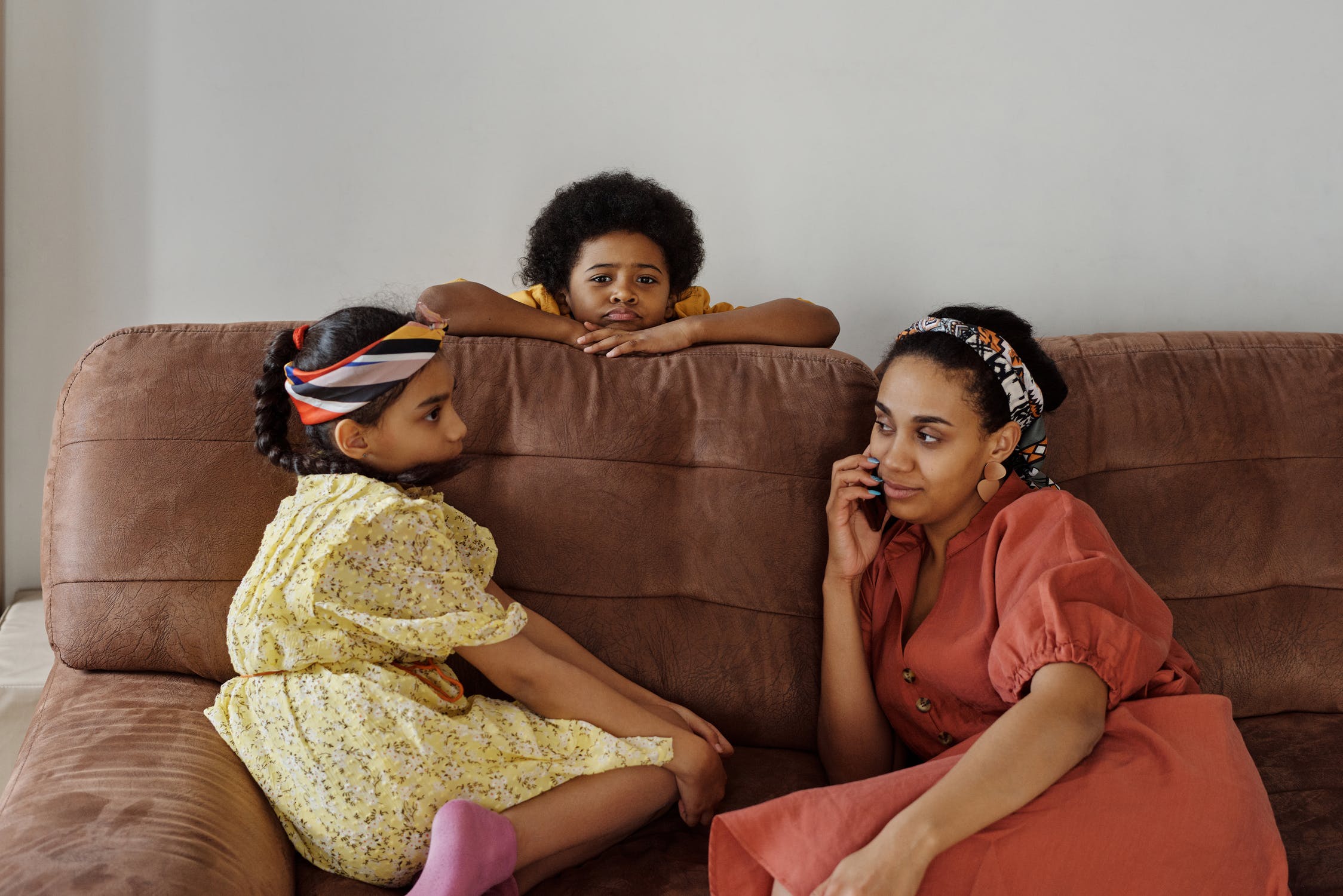In January, women made a little more than 50 percent of workers on payroll. Today, they make up just 49.2 percent due to tremendous job loss since March in sectors dominated by women. Women dominated sectors lost nearly half of their workers due to COVID-19 and its impact. Women of color remain disproportionately impacted.
Washington, DC — Unemployment data released June 5, 2020 show slight decline in unemployment for both women and men as the pandemic continues to cripple key sectors. Employment in heavily impacted sectors—education, hospitality and leisure, and retail—added just over 2.2 million jobs. Since February, however, close to 20 million jobs have been shed, making a swift rebound nearly impossible.
Since March, women’s job losses were five times higher than the total decline in women’s employment during the Great Recession. As a result of this staggering reduction in employment, women are now less than half (49.2 percent) of all workers on payroll.
Unemployment rates remain stagnant for women of color: 16.5 percent for Black women and 19 percent for Hispanic women. Unemployment is greatest among workers with less than a high school education, at 20 percent.
As the Nation attempts to pivot towards recovery, the impact of the job losses among women, particularly women of color, will be long-lasting because of the lack of childcare and available jobs.
With schools out and childcare centers and summer camps closed, women attempting to re-enter the workforce may have a difficult time finding and sustaining full-time employment. The inability of women to re-enter or remain in the workforce due to caretaking demands will have a devastating impact on their ability to provide for their families.
In the U.S., half of 30 million families with children under the age of 18 have a breadwinner mother whose earnings account for at least 40 percent of household income. Four out of five Black mothers (79 percent) are breadwinners, with a majority of Black mothers (56 percent) raising families on their own.
“Economic recovery will be slow and there will not be 1:1 replacement for jobs that were lost during the height of the pandemic. Some jobs will not be coming back. As a result, there will be fierce competition for jobs and many workers will not be able to find gainful or steady employment right away,” said C. Nicole Mason, PhD, President and CEO of IWPR.
“We cannot let up—relief and recovery efforts must include support and provisions that ensure women are able to re-enter the workforce and/or be able to take of their families until they can. These supports include paid sick leave, enhanced childcare subsidies, and expanded unemployment benefits, among other proven efforts and programs that will help families make ends meet,” Mason said.
About the Institute for Women’s Policy Research
The Institute for Women’s Policy Research is the nation’s pre-eminent think tank committed to winning economic equity for all women and eliminating structural and institutional barriers to women’s full participation in the workforce and society.
IWPR builds knowledge and evidence to support policies that help grow women’s economic power and influence in society, close inequality gaps, and improve the economic security and well-being of families.



